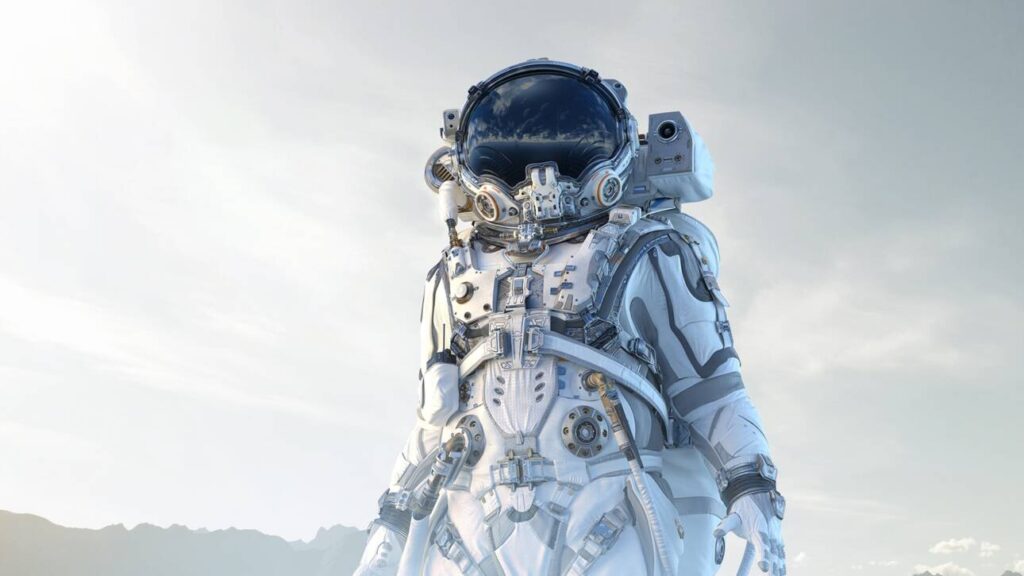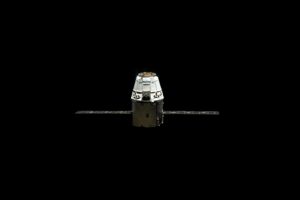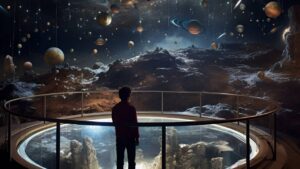The International Space Station (ISS) marks an extraordinary milestone as it celebrates 25 years of orbiting Earth, symbolizing a quarter-century of international cooperation, groundbreaking scientific research, and human presence in space. Launched in 1998, the ISS stands as one of the greatest achievements in space exploration, serving as a home, laboratory, and observatory for astronauts from around the globe. Built through a partnership involving NASA, Roscosmos, ESA, JAXA, and CSA, the ISS has brought together nations with a shared mission to advance scientific discovery and push the boundaries of human knowledge.
Over the past 25 years, the ISS has hosted hundreds of astronauts and cosmonauts, representing diverse cultures and countries, all contributing to the collective pursuit of knowledge. The station orbits the Earth at a speed of roughly 28,000 kilometers per hour, completing 16 orbits daily, and providing its crew with breathtaking views of our planet. It serves as a unique microgravity environment, enabling scientific experiments that cannot be conducted on Earth. Research on the ISS has led to discoveries in medicine, biology, physics, and technology, helping us better understand the effects of space on the human body, grow food in microgravity, and even develop new materials for use on Earth.
Beyond science, the ISS has been a testament to international collaboration and peace. It has united countries that once stood on opposing sides of the Cold War, proving that humanity can achieve greatness when working together. The station has inspired millions worldwide, igniting curiosity about space exploration and encouraging the next generation to pursue careers in science, technology, engineering, and mathematics (STEM).
As we celebrate the ISS’s 25-year legacy, its contributions to science, cooperation, and exploration will undoubtedly leave a lasting impact. While its eventual retirement looms on the horizon, the knowledge and technology developed aboard the ISS will serve as the foundation for future space missions, including plans to explore the Moon and Mars. The ISS not only highlights what humanity has achieved but also reminds us of the infinite possibilities that await as we continue to reach for the stars.



